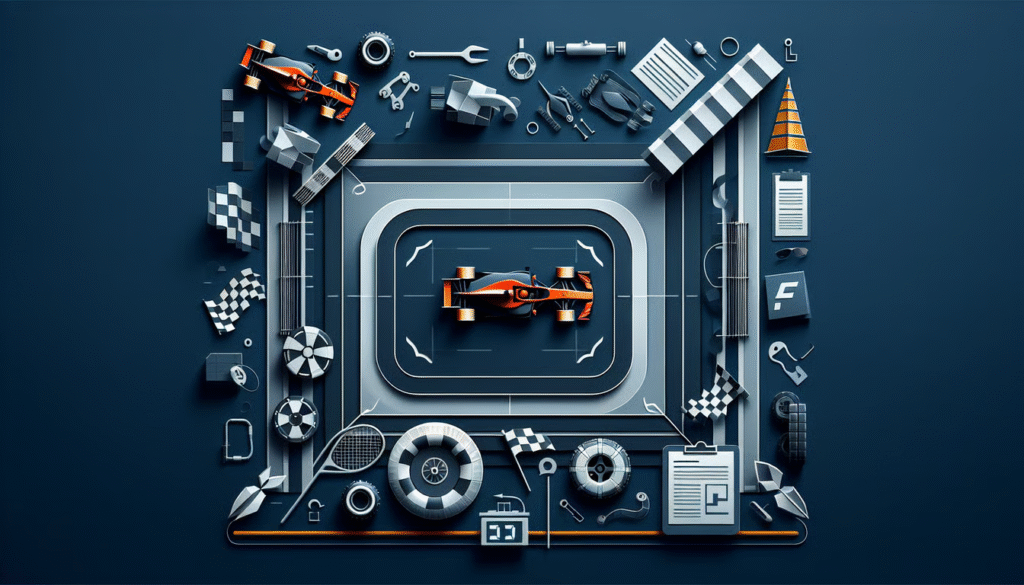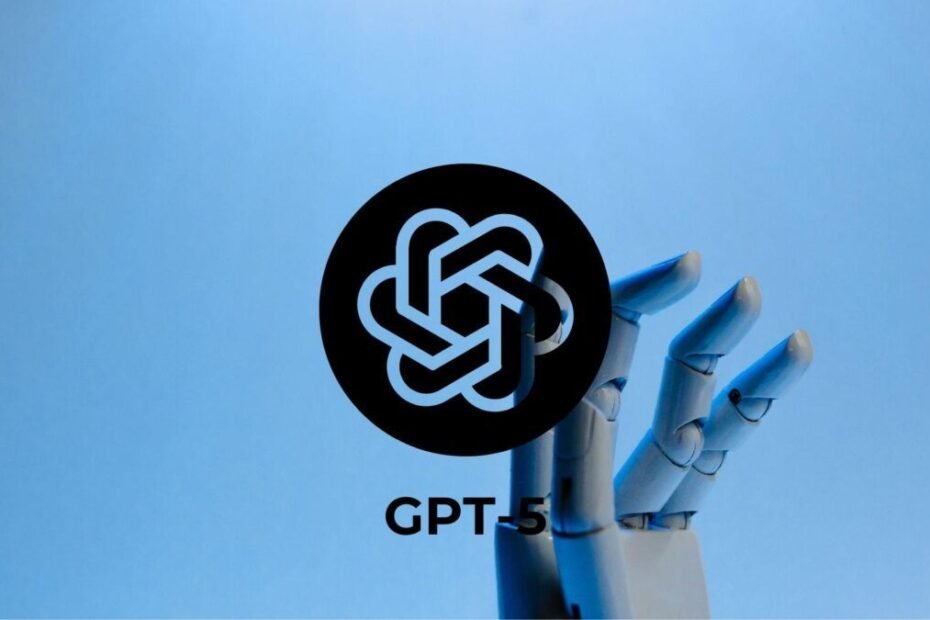Since the chatbot first launched, people loved how smart it is, but many said it felt a bit too chilly. GPT-5 Now, engineers are testing an upgrade that adds a friendlier tone without losing any of the brainpower that makes the model impressive. They’ve poured over comments, voice recordings, and chat transcripts to figure out exactly where it came across as distant.
When GPT-5 first hit the scene, excitement buzzed like an old-school comic book web. Fans couldn’t wait to experiment with what was billed as the biggest AI brain to date. They typed questions at lightning speed, watched it fire back, and cheered at the speed and skill. But over the next few weeks, the buzz faded. Users pointed out that the personality had taken a dip. Personalized jokes and encouraging nudges that users loved in GPT-4o disappeared.
One chat felt like a trivia race, while the other felt like step-by-step instructions rallied without any smiles.That’s why OpenAI quietly turned a dial in GPT-5 to dial up its warmth without losing any firepower. The company wants its model to feel like a human seat-buddy in a tutoring crater—still sharp, zero fluff. Instead of math-genius vibes, you now hear phrases saying things like “Nice question” or “You almost had it” tucked beside full answers. It’s like catching wi-fi on a cramped bus: any warmth, de-greased of air hugs, keeps you zooming.
Internal testing, full of staff alone on friendly couch, shows no uptick in ass-kissing. The model still maps answers, still weeds main ideas, still calls a funding, still links resources, only now ending sentences on a human drumbeat: a tempo that says, “Here’s how you climb.” Up there, OpenAI minds the crank like it’s crank, gliding the temperature between feel-good boils. It’s the promise of a side-kick that still credits you for the routes you chart.

At a recent roundtable dinner with reporters, OpenAI’s top brass talked openly about the “bumpy” debut of GPT-5. Chief Executive Sam Altman admitted, half-amused, half-embarrassed, that the rollout hasn’t gone the way the slide deck promised. Journalists mentioned that fans of GPT-4o’s quirky style met the new model’s “very to the point” tone with raised brows. Nick Turley, the company’s VP of Product, put it lightly, adding that the people behind the curtain were already sketching a mid-course cheat sheet. It’s obvious the memo is to reassure old fans that the company can stage a comeback before word of mouth sharpens.
OpenAI’s playbook hasn’t changed much. Altman talked about the way GPT-4’s debut sparked a slow-motion sequel: the company tweaked quality, redesigned the interface, and smoothed night-mode complaints, all from the user feedback inbox. GPT-5’s first patch is a sequel to that sequel, adding a stylistic sidebar, polishing the number-crunching, and installing a behind-the-scenes mood ring to read user questions. If the model is the motor, the feel of the steering wheel and the seats is getting tweaks too.
Peeking Ahead
OpenAI is already talking about what comes after GPT-5, even though that model just showed up. Executives remain tight-lipped, but the buzz is that giving these AIs a friendly personality and making them super easy to use will keep moving to the top of the to-do list. The team’s taken a hint: being and and brilliant isn’t the only goal anymore. People are drawn to the bots that sound a little like a good friend and a lot like the thing that just gets the job done.
A Quick Look Back
May 2024: OpenAI rolls out GPT-4o, a model that reviewers say could practically hug you through a screen. Emotions and everyday chit-chat are its specialties. July 2025: GPT-5 drops and runs circles around its predecessor in logic and speed. The buzz, though, is that the upgrade feels like a cliff of steel in a once-cozy chatroom. August 2025: OpenAI rolls a quick tweak to GPT-5, trying to patch that chill. They keep the brainy upgrade and trade just a sprinkle of robot polish for the warm, sparkly human touch everyone still wishes they could keep.
